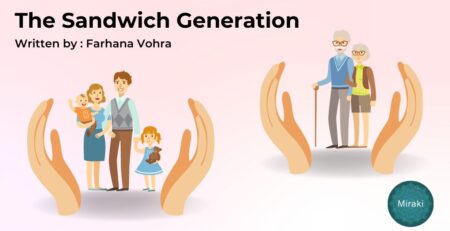The Non-Apologetic Sorry
There is an interesting difference between saying sorry and asking for forgiveness. And how the latter is the game changer in conflict resolution and building healthy relationships.
While saying sorry and asking for forgiveness are related concepts often used interchangeably, they have distinct meanings and implications in communication and interpersonal relationships.
Saying sorry involves expressing regret or remorse for a perceived wrongdoing or a mistake. It is an acknowledgment that one recognizes one’s actions have caused harm, inconvenience, or hurt to another person.
Focus: The focus of apologizing is on the individual expressing regret and acknowledging their role in the situation.
Intent: The primary purpose of saying sorry is to communicate empathy, express remorse, and show that the person is aware of the impact of their actions.
Asking for Forgiveness:
Asking for forgiveness goes beyond expressing regret. It involves actively seeking the pardon or absolution of the offended party. It implies a recognition of one’s fault and a genuine desire for reconciliation.
Focus: The focus of asking for forgiveness is on the injured party, as it involves seeking their approval or willingness to let go of resentment and restore the relationship.
Intent: The primary intent of asking for forgiveness is to initiate a process of healing and restoration in the relationship. It involves a commitment to make amends and work towards rebuilding trust.
In summary, while saying sorry is crucial in acknowledging a mistake and expressing regret, asking for forgiveness takes it further by seeking reconciliation and actively involving the offended party in healing.
Both are essential components of an effective apology, and the sincerity behind these actions can significantly impact the resolution of conflicts and the overall health of relationships.
And before I sign off, research and social observations suggest that women often place a high value on personal relationships and social connections.
Women may seek emotional support, empathy, and communication in their relationships more than men on average. We tend to need it far more than men. It could be our hormones, internal coding, or instinct to nurture, love, or be loved.
Studies show women need far more care, love, and 8 hugs to thrive!
Written by: Dr.(hon) Farhana Vohra












Leave a Reply